When it comes to dump trailers, a myriad of questions surface, particularly concerning ownership, registration, and whether these workhorse vehicles are accompanied by a title. This topic is crucial for both buyers and sellers in the trailer market, as understanding the implications of titles can save time, money, and legal headaches. We delve into the intricacies that surround dump trailers and their titles to provide clarity.
What is a Dump Trailer?
Before discussing the question of titles, it’s essential to define what a dump trailer is. A dump trailer is a specialized trailer designed for transporting and unloading materials. Typically used in construction and landscaping, these trailers are equipped with hydraulic lifts that enable users to easily unload their payloads, making them indispensable tools for a range of industries.
Key Features of Dump Trailers
| Feature | Description |
|---|---|
| Design | Usually built with a sturdy frame and a durable bed to withstand heavy loads. |
| Hydraulic System | Equipped with hydraulic lifts that allow for easy unloading with the push of a button. |
| Axles | Typically comes with tandem axles for enhanced weight capacity and stability. |
| Material | Constructed from steel or aluminum, ensuring durability and reducing maintenance needs. |
| Size Variation | Available in various sizes, accommodating diverse hauling needs. |
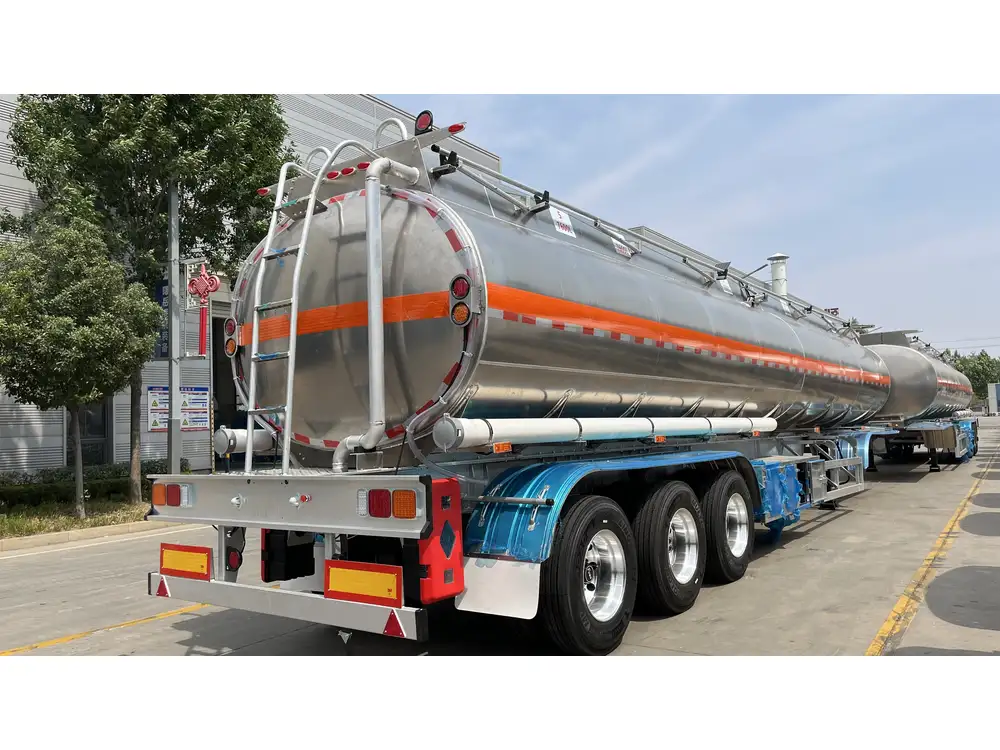
Understanding Titles in the Context of Dump Trailers
What is a Title?
A vehicle title is a legal document that establishes ownership of a vehicle or trailer. For most motor vehicles, including cars and trucks, this document is typically issued by state authorities when the vehicle is sold or registered. However, the rules surrounding dump trailers can differ significantly.
Do Dump Trailers Have Titles?

General Overview
The answer to whether dump trailers have titles varies from state to state and is influenced by several factors, including the trailer’s weight, purpose, and local regulations. In many circumstances, dump trailers that exceed a certain weight threshold—generally around 2,000 pounds—will require a title to certify ownership. Conversely, lighter models may not necessarily need a title.
State-Specific Requirements
It’s paramount to understand that each state has its own regulations concerning trailer registration and titling. Below is a breakdown of how this can differ across various states:
| State | Title Requirement | Registration Requirement |
|---|---|---|
| California | Yes, must have a title | Yes, must register |
| Texas | Yes, if over 4,000 lbs | Yes, must register |
| New York | Yes, if over 1,000 lbs | Yes, must register |
| Florida | No, generally no title | Yes, but not for all trailers |
| Ohio | Yes, based on use | Yes, must register |
It’s advisable to consult your state’s Department of Motor Vehicles or equivalent authority for precise information as local laws are subject to change.
Importance of Having a Title for a Dump Trailer
Having a title for your dump trailer is not merely a bureaucratic formality. It plays a critical role in establishing legal ownership and facilitating transactions. Below are the key reasons why having a title is beneficial:

Legitimacy and Proof of Ownership
A title serves as undeniable proof of ownership. In the event of disputes over ownership or if the trailer is stolen, the title provides legal backing for your claims.
Easier Resale
When selling a dump trailer, possessing a title can simplify the sales process. Buyers are often more willing to purchase trailers that come with titles, as it assures them of the legitimacy of the sale and the condition of the trailer.
Avoid Legal Issues
Operating without a title can lead to a host of legal complications. For instance, while towing a dump trailer, law enforcement may require proof of ownership. Without a title, you may face fines or other penalties.

What If Your Dump Trailer Doesn’t Have a Title?
For owners of dump trailers without titles, navigating the landscape can be more perplexing. Here are the steps to consider:
1. Check State Guidelines
The first step is to check with your state’s regulations. Some states provide other documentation options, like a bill of sale, which may act as a temporary measure.
2. Obtain a Duplicate Title
If your trailer originally had a title but it has been lost or damaged, you may apply for a duplicate title through your state’s authorities. This generally involves filling out a form and paying a fee.
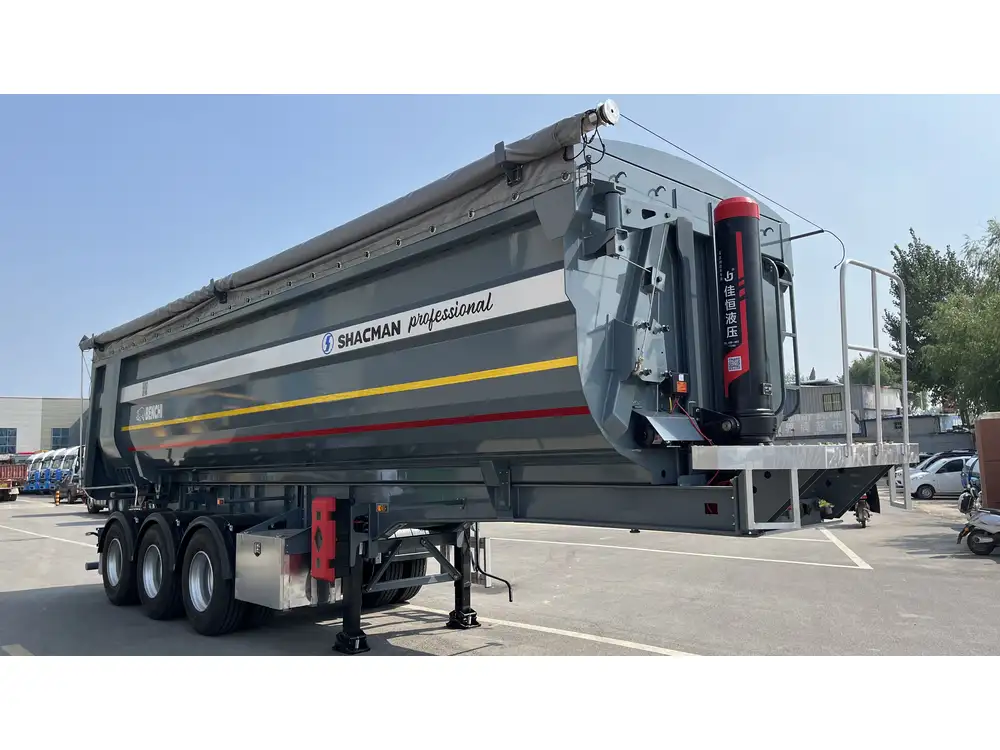
3. Affidavit of Ownership
In cases where no title was ever issued, some states allow you to file an Affidavit of Ownership—a sworn statement declaring your ownership of the vehicle.
4. Bill of Sale
If you’re purchasing a dump trailer without a title, ensure you get a detailed bill of sale, noting the seller’s details, trailer specifics, and sales terms. Keep this document for your records.
5. Inspection Requirements
Some states may require an inspection of the trailer to secure a title. Be prepared to provide necessary documentation, such as a bill of sale, registration documents, or prior titles.

Financial Implications of Not Having a Title
Navigating financial transactions without a title can lead to several considerations, notably:
Depreciation of Value
Without a title, the resale value of a dump trailer can decrease significantly. Buyers are often wary of titles or feel hesitant due to the legal aspects surrounding ownership disputes.
Insurance Complications
Securing insurance can become cumbersome when a trailer lacks a title. Insurers often require proof of ownership, and a gap in documentation can lead to voiding coverage.

Increased Transactional Costs
Without a title, you may find yourself incurring additional costs for paperwork or registration requirements imposed by state laws. Each transaction might involve fees that could have otherwise been avoided.
Registration Process for Dump Trailers
Once you’ve established whether your dump trailer requires a title, the next step is registration. Here’s a structured overview of the process:
1. Prepare Required Documentation
Gather necessary documentation, including the title (if applicable), bill of sale, proof of residence, and identification.

2. Visit the DMV or Licensing Office
Schedule a visit to your local Department of Motor Vehicles or licensing office. Ensure you have your documents ready.
3. Complete Registration Forms
Fill out the registration forms provided by the office, ensuring all particulars are accurate including the trailer’s VIN (Vehicle Identification Number).
4. Pay Applicable Fees
Be prepared to pay registration fees, which vary by state and trailer specifications. This fee is typically non-refundable.
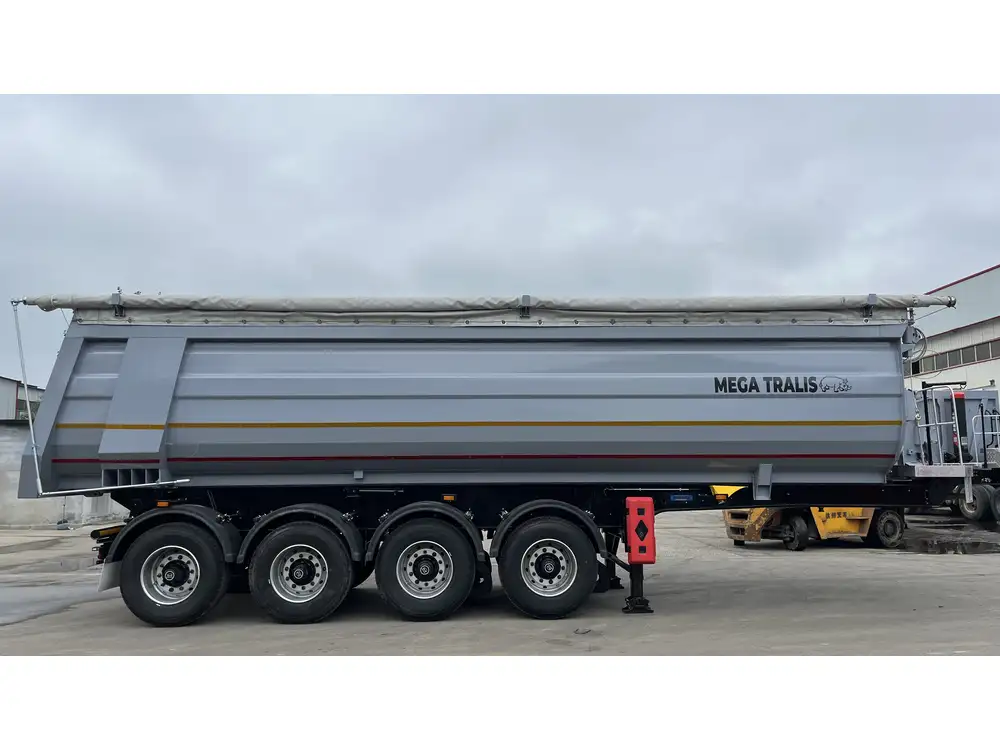
5. Receive Registration Certificate
Once processed, you will receive a registration certificate for your dump trailer. This document must be kept in the vehicle at all times.
Frequently Asked Questions
1. How Do I Know If My Dump Trailer Needs a Title?
Determine its weight and consult your local regulations. If it exceeds the weight threshold set by your state, a title is likely required.
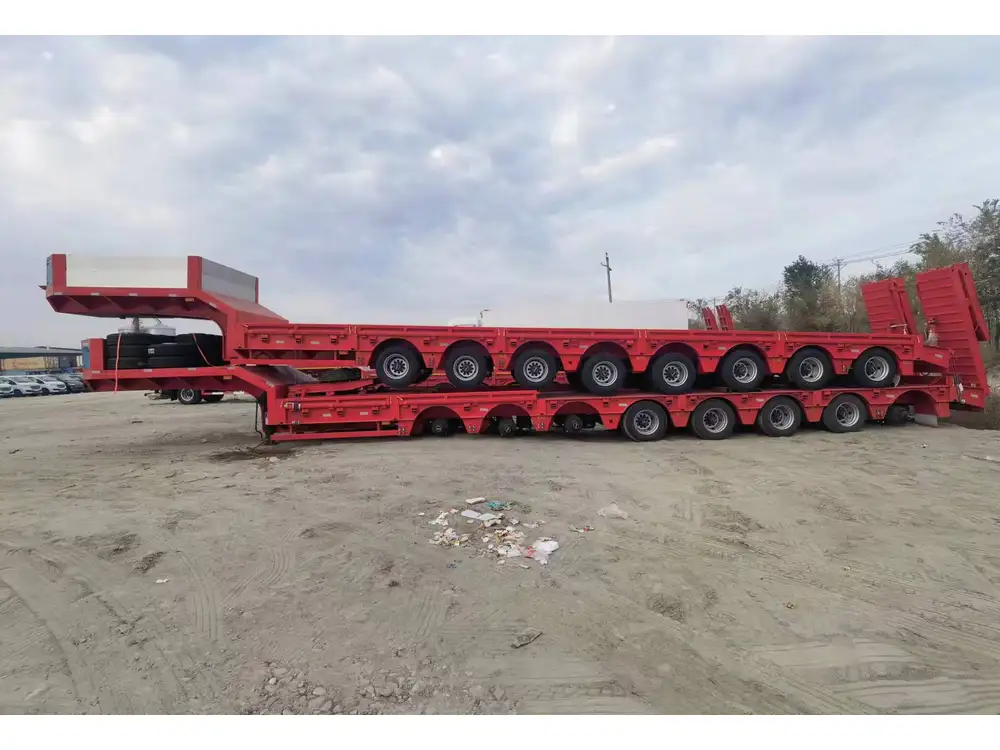
2. Can I Use a Dump Trailer Without a Title?
While it is possible to use a dump trailer without a title, it is not recommended. It could lead to legal troubles or fines during inspections.
3. What Should I Do if the Previous Owner Didn’t Provide a Title?
Contact your state’s DMV to understand your options. You may need to file an affidavit of ownership or apply for a duplicate title if one existed.
4. Are There Alternatives to Title Ownership for Dump Trailers?
Certain states may allow a bill of sale or proof of ownership. Check with local authorities to ascertain acceptable documentation.
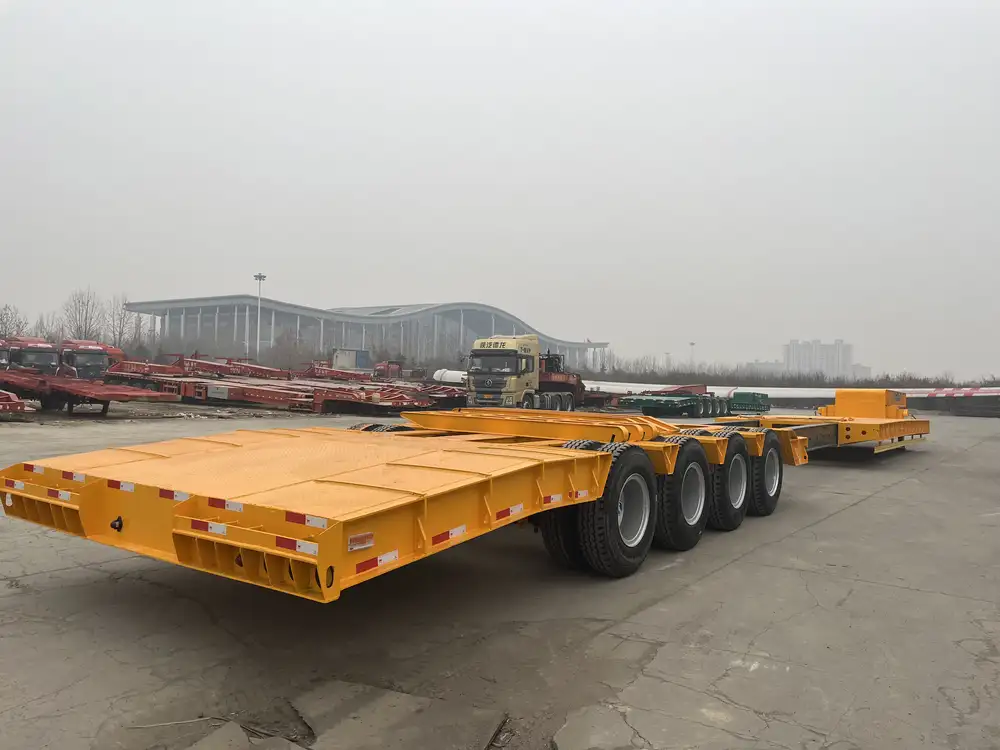
Conclusion: Making Informed Decisions
In understanding whether a dump trailer has a title, prospective owners should adopt a proactive approach that includes consulting state regulations and securing necessary documentation. The advantages of having a title far outweigh the complications that arise from operating without one. This not only facilitates smoother transactions and enhances resale value but also provides peace of mind that stems from having legally backed ownership.
By being well-informed, you not only safeguard your investment but also streamline processes that could otherwise plague the ownership experience. As such, whether buying or selling, always keep the question, “Does a dump trailer have a title?” at the forefront of any transaction.



